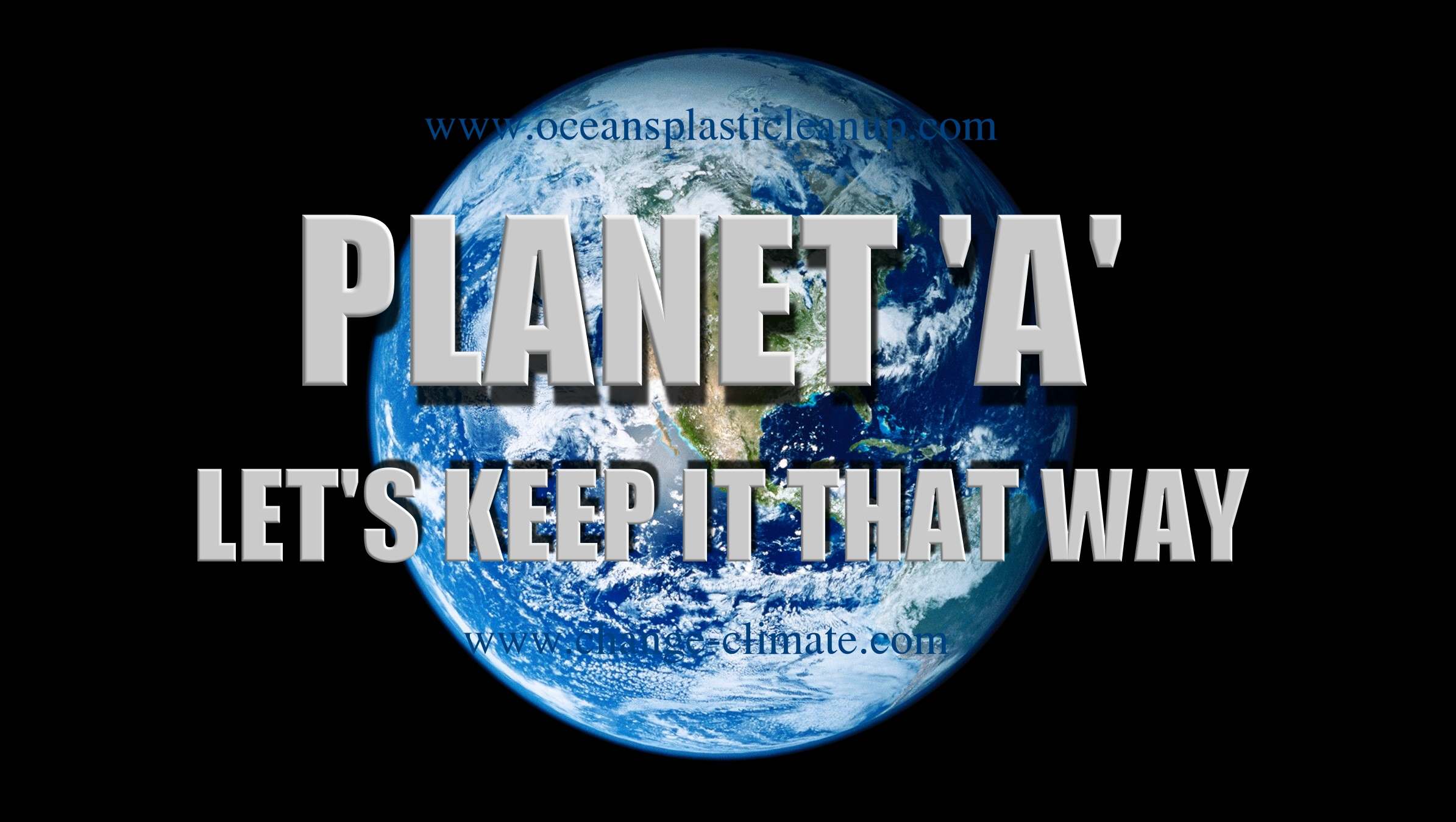|
THE SILVER STANDARD
Please use our A-Z INDEX to navigate this site, or our HOMEPAGE
|
A system of comparable security for goods to the value of, relies on goods being valued at the right level. At the moment, there are too many pretend paper notes in circulation, compared to the gross international product in terms of food the only real limiting currency - linked to population, where minerals are not so much produce, but a fixed asset that can never grow to get any bigger, or with proper recycling, ever diminish, whereas crops and farm or fished animals will reach a practical limit, before desertification and acid oceans completely destroy that ability of the planet to support life.
The United States adopted a silver standard based on the Spanish milled dollar in 1785.
From 1750 to 1870, wars within Europe as well as an ongoing trade deficit with China (which sold to Europe but had little use for European goods) drained silver from the economies of Western Europe and the United States. Coins were struck in smaller and smaller numbers, and there was a proliferation of bank and stock notes used as money.
Gold and silver standards were interlinked.
Please use our A-Z INDEX to navigate this site, or our HOMEPAGE
|
|
This website is Copyright © 2022 Climate Change Trust & Injustice Alliance The views, performance reviews and opinions of the Trust are protected by Articles 18 and 19 of the Universal Declaration of Human Rights.
|
